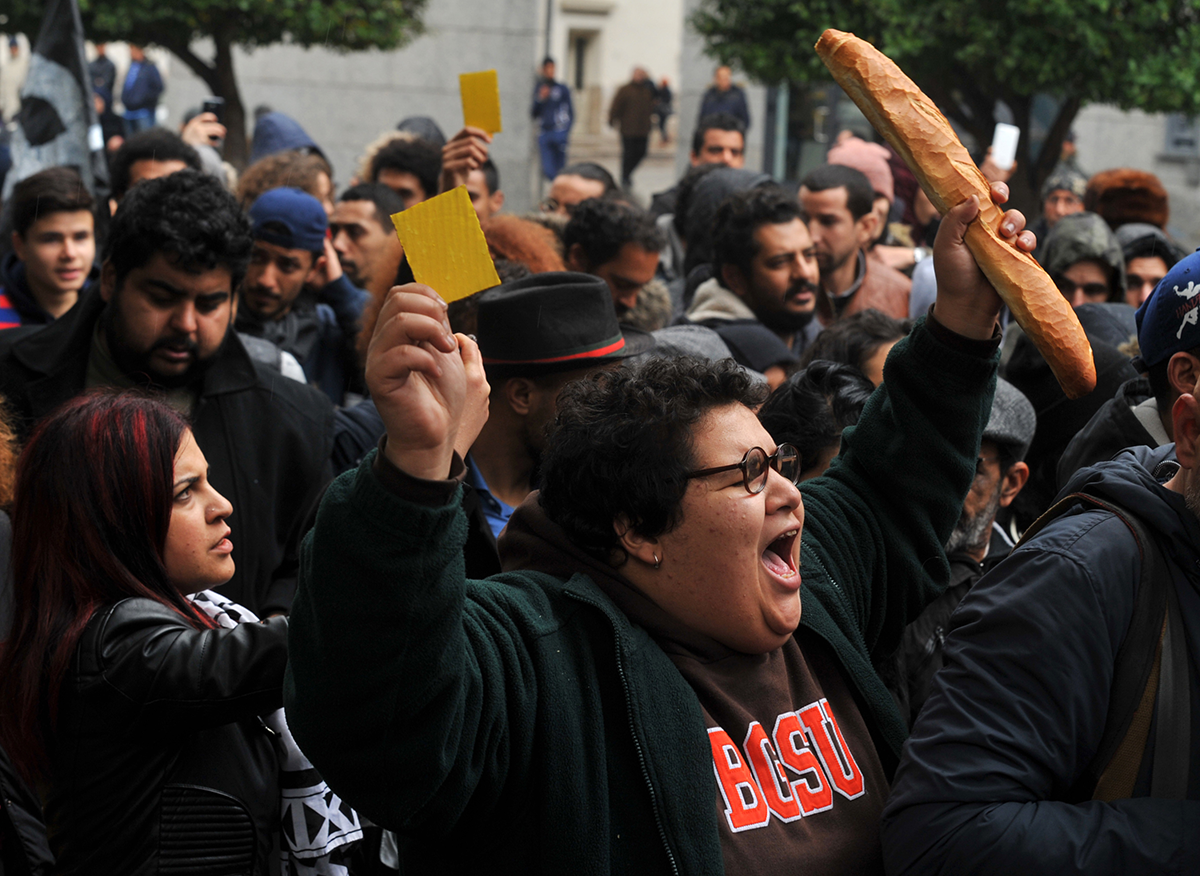
Despite grand proclamations by President Abdelmadjid Tebboune about the nation’s food security and agricultural progress, the reality beneath the surface reveals deep-rooted structural issues and centralized governance that raise serious doubts about the effectiveness of current policies.
The government frequently highlights impressive statistics on food security, water management, and housing as evidence of success. Yet a closer look at these claims exposes significant gaps and a lack of coherent, long-term strategic planning.
The trio of “challenges met,” as presented by the regime, seem largely driven by numerical targets rather than sustainable development models that include all stakeholders.
Initiatives such as building large storage silos, expanding Saharan agriculture to 400,000 hectares, and framing “food as a strategic weapon” might appear ambitious. However, they unfold within a fragile agricultural framework plagued by low productivity, overwhelming reliance on grain imports—over 70% of wheat needs come from abroad—and an absence of a comprehensive investment plan for agriculture.
The government’s heavy use of public procurement to artificially boost grain reserves masks a rural sector in decline, hindered by inadequate mechanization, poor farmer training, and weak logistical infrastructure.
The much-touted Saharan agricultural expansion remains experimental and marginal. Environmental costs, especially related to fossil fuel overuse and advancing desertification, go unacknowledged in official narratives. No independent audits have yet validated the true impact of investments in these zones.
On water security, Algeria proudly claims 19 seawater desalination plants producing 3.7 million cubic meters daily, with an ambitious target of 5.5 million by 2030. Yet this strategy confronts three key problems: soaring energy costs linked to hydrocarbon dependence, outdated distribution networks that restrict water delivery to consumers, and opaque tendering processes combined with poor maintenance—several plants already suffer from breakdowns or underperformance.
Moreover, there is a glaring neglect of demand-side management. Domestic water waste, network leaks estimated at nearly 40%, inefficient irrigation practices, and a lack of pricing incentives severely undermine water sustainability. The heavy focus on desalination seems more a symptom of the government’s failure to reform water governance than a true solution.
In sum, Algeria’s food and water security ambitions clash with persistent structural weaknesses and governance challenges, raising urgent questions about the future resilience of its agricultural and environmental systems.



